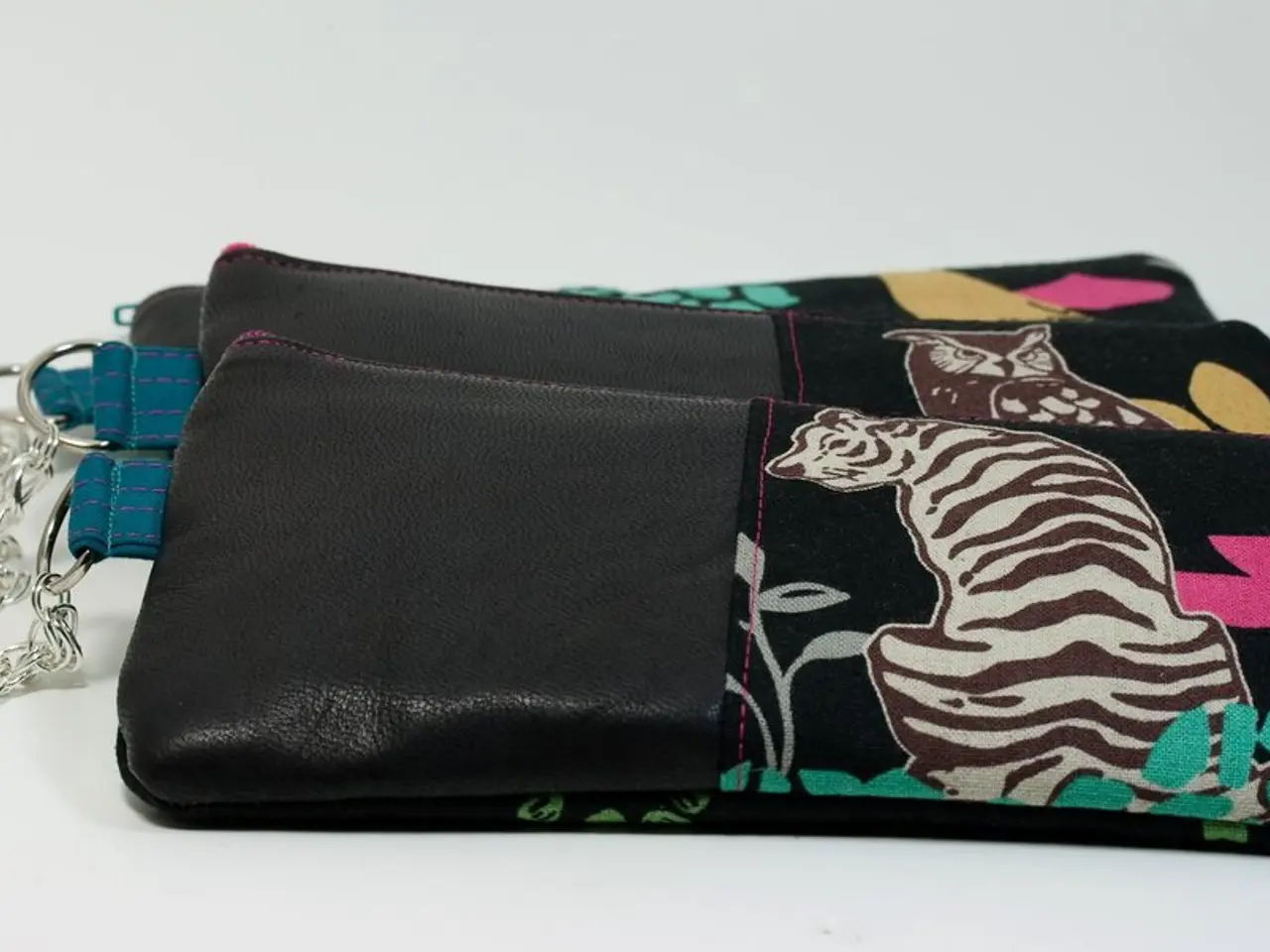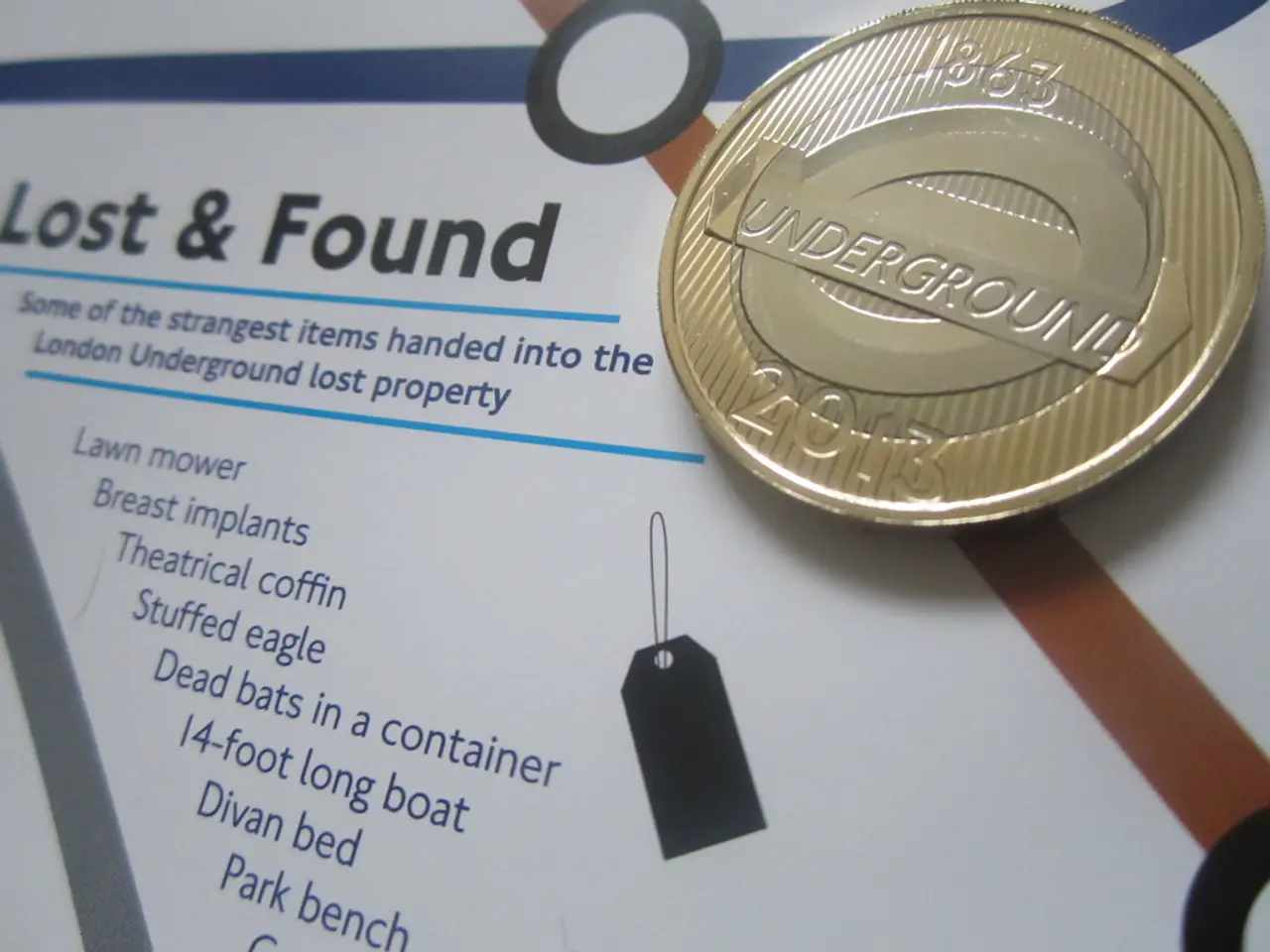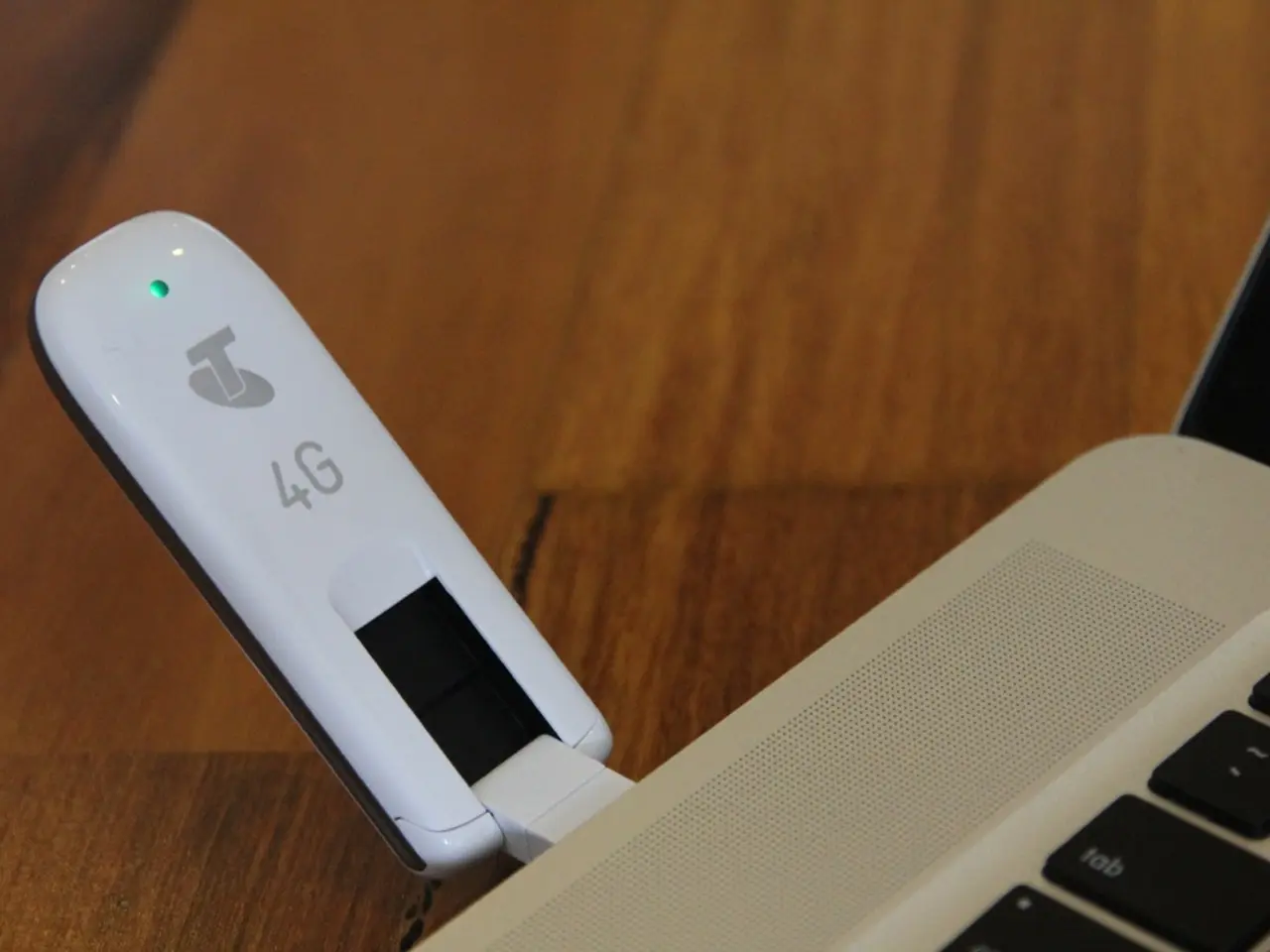Weekly Summary - MoneyMasterClass Week 27
In the latest instalment of the Money Master Class, the importance of having an emergency fund was emphasized. This dedicated savings account serves as a financial cushion for unexpected expenses like job loss, medical bills, or urgent car or home repairs.
The main purpose of an emergency fund is to help individuals manage life's surprises without going into debt or relying on high-interest credit cards or loans. With an emergency fund, you can rest easy knowing that you have a safety net to fall back on during tough times.
To establish an emergency fund, the first step is to determine your essential expenses—the minimum monthly costs you must cover to maintain your basic living standards. These typically include rent or mortgage payments, utilities, groceries, transportation, insurance premiums, and minimum debt payments. By focusing on what's truly necessary, you can create a "bare bones" budget that excludes discretionary spending like entertainment or dining out.
Once you know your monthly essential expenses, multiply that number by three to six months to set your emergency fund goal. If your income is irregular, you support others, or have significant medical expenses, aim for the higher end—or beyond—to ensure a strong safety net.
You can start small and build your fund over time, even saving modest amounts per paycheck. Keep this fund in a separate, easily accessible savings account—preferably one offering high interest—to avoid spending it on non-emergencies and to help your money grow slightly while saved.
In addition to the emergency fund, Gail Vaz-Oxlade introduced the curve-ball account earlier this year as an alternative option to cover unexpected expenses if a vehicle maintenance fund is not available. This account can help you cover unexpected costs like a car breaking down, without having to dip into your emergency fund or rely on high-interest credit cards or loans.
It's important to remember that an emergency fund is not a line of credit or any form of debt, but liquid and instantly accessible money in a Tax-Free Savings Account (TFSA) or High-Interest Savings Account (HISA).
Gail Vaz-Oxlade also discussed the topic of widowhood at the beginning of the week, emphasizing the importance of having a will and communicating details with loved ones.
The Money Master Class provides resources, spreadsheets, and quizzes for those interested in building their emergency fund and taking control of their finances. The intro and Week One Recap can be found on the Money Master Class website.
To ensure financial stability during unexpected circumstances, one should prioritize establishing an emergency fund. Aim to save between three to six months' worth of essential expenses in a separate, high-interest savings account. Simultaneously, having a curve-ball account for unexpected car-related expenses can provide an additional layer of security if a vehicle maintenance fund is unavailable.




